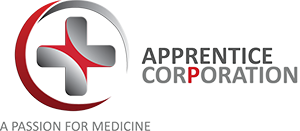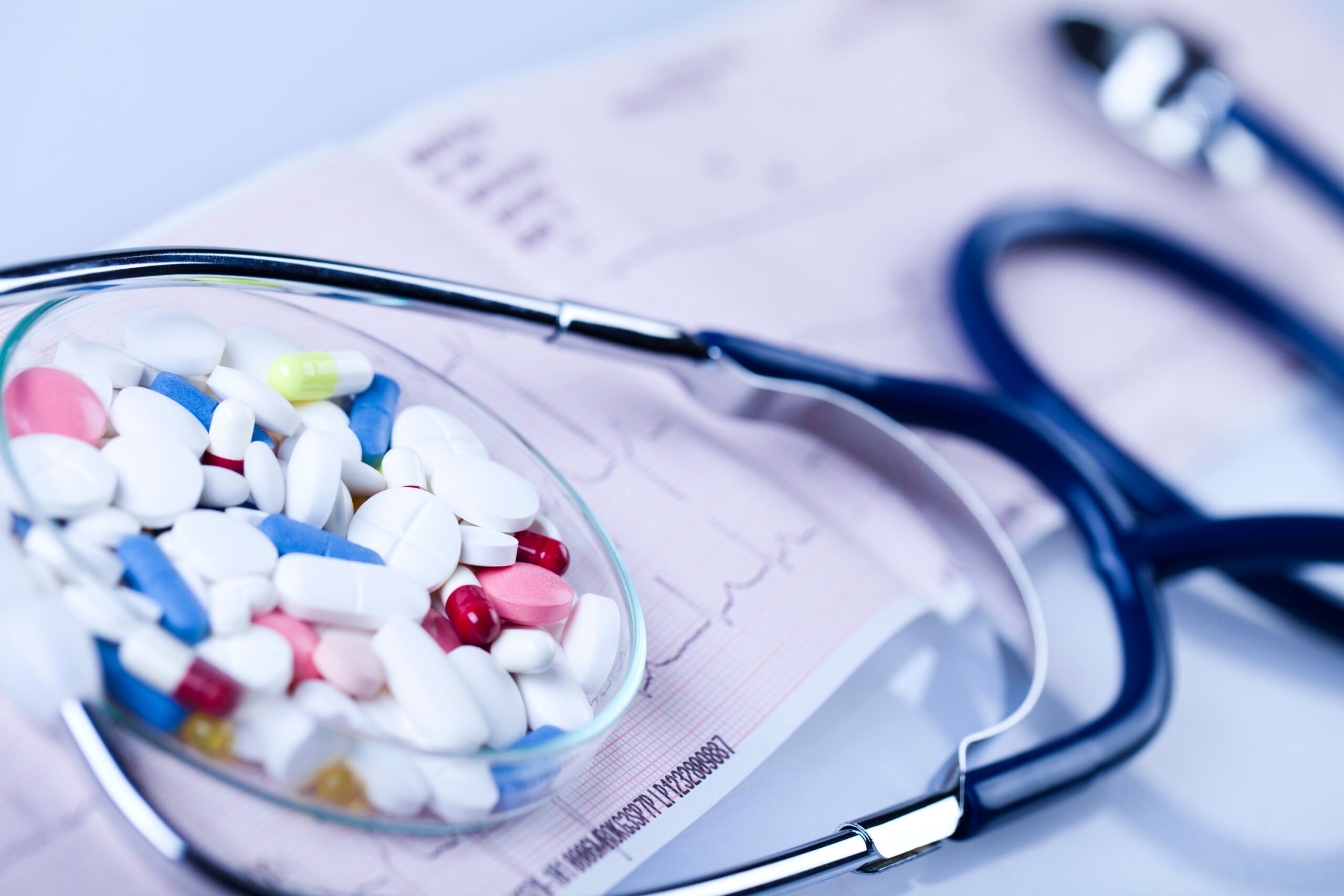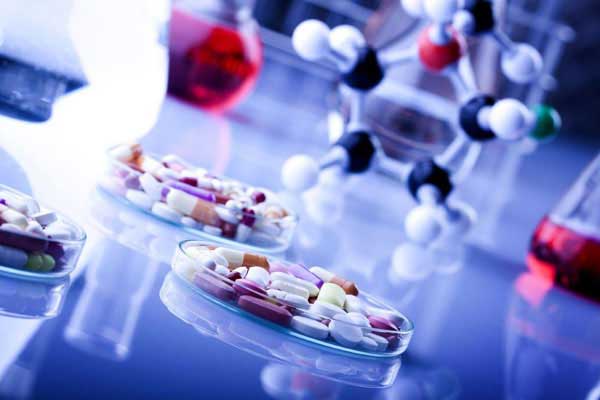 What is Pharmacology
What is Pharmacology
Definition: Pharmacology is the scientific study of drugs and how they are used in medicine.
Introduction to Pharmacology
For most medical students a pharmacology lecture is usually not the highlight of the day, to put it mildly. In the minds of medical students, the study of pharmacology is kind of a “necessary evil” to become any type of doctor.
In reality most doctors, especially generalists like family practitioners, physicians and pediatricians, are, to a great extent clinical pharmacologists. Let’s look at an example of a typical consultation.
 The process of examining a patient:
The process of examining a patient:
- Main complaint
- Medical history
- Physical examination
- Special examinations
- The diagnosis
- The treatment
In a majority of cases, treatment comes in the form of a prescription. A prescription for medication is frequently the recommended treatment or at least part of the therapy recommended by the clinician for treating the diagnosed disease or condition.
Even other disciplines, such as anesthesia, an in depth knowledge of drugs is of utmost importance to administer a safe anesthetic to your patients. See: A Difficult Day in Theater.
 A thorough knowledge of pharmacology is essential for successfully practicing medicine and surgery and to offer patients the best treatment outcomes possible. Treating patients is a team effort and the pharmacologist is a central part of this team.
A thorough knowledge of pharmacology is essential for successfully practicing medicine and surgery and to offer patients the best treatment outcomes possible. Treating patients is a team effort and the pharmacologist is a central part of this team.
Fundamentals of Clinical Pharmacology
Study the following document. Click here: Pharmacology
The definition of pharmacology, as given above is a very important – “Pharmacology is the scientific study of drugs and how they are used in medicine.”
A doctor trained in scientific medicine should refrain from prescribing dubious alternative “natural” medication as well as the majority of homeopathic medications as these drugs/medications are often not thoroughly tested by scrutiny of modern scientific methods. Let’s look at one of these mostly unregulated, natural, homeopathic drugs – Arnica.
 Arnica is recommended by its proponents as an anti-inflammatory cream or tablet to be used after injury and before and/or after surgery. It’s frequently recommended to be taken orally 3 days before removal of wisdom teeth, apparently to limit swelling and bruising.
Arnica is recommended by its proponents as an anti-inflammatory cream or tablet to be used after injury and before and/or after surgery. It’s frequently recommended to be taken orally 3 days before removal of wisdom teeth, apparently to limit swelling and bruising.
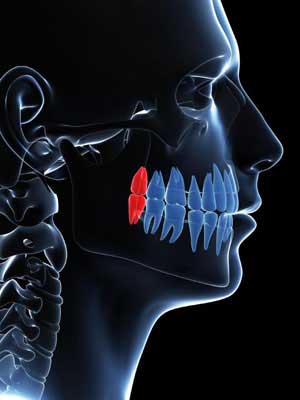
The truth is that as a cream or ointment it will actually increase the pain and if taken orally before surgery it will increase the risk of post-operative bleeding! It is quite toxic and may cause severe side effects. If used in excess it can even have a fatal outcome. Users of this homeopathic medication are putting their trust in a drug which has very few scientific, clinical studies (if at all) proving the claimed benefits. Some studies are claim quite the opposite of the listed benefits. See: WebMD Article.
Remember, as a doctor you are firstly a scientist. Do not fall into the realms of unscientific medicine or mysticism.
Pharmacology Module: Practical Project
You may be thinking how on earth we are going to suggest an ethical and safe drug experiment for you? Luckily certain pharmacological agents are quite prevalent in various types of foods and beverages. An ideal one to experiment with is caffeine. If you are a minor and your parents will permit you to have coffee, you may proceed.
By the way – there is evidence that caffeine in moderation may be quite beneficial to your health. Read more about how caffeine affects your health. See: Effects of Caffeine.
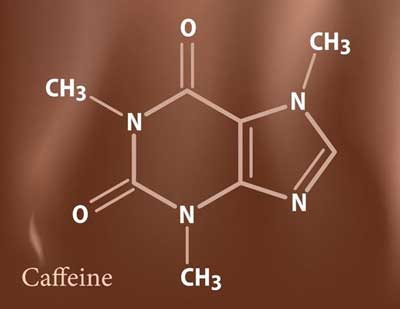 The Effects of Caffeine on the Heart and Central Nervous System
The Effects of Caffeine on the Heart and Central Nervous System
For Future Doctors | PROJECT Mod. 9.1
 You will need:
You will need:
- Filter coffee (preferably). Ensure that it is not decaffeinated coffee
- A mug or suitable container
- A computer / tablet / smartphone with Internet access
- Pen and paper – or use a note pad on your electronic device
Follow these steps:
- Ensure that you abstain from caffeine for at least 8 hours (no tea, coffee, coke or chocolates).
- You may have a light (caffeine-free) snack and some water prior to starting the project, but a full stomach is not recommended.
- Follow the link for the Tic-Tac-Toe game. Click here.
- It is a very popular and easy game. Choose one player and play against the computer.
- Play the Tic-Tac-Toe game ten times before taking any caffeine containing food/beverage. Make a note of your score (no practice runs permitted!)
- Take your own pulse rate (see Project 21 in the FOR FUTURE DOTORS Course) and make a note of your pulse rate in beats per minute (bpm).
- Now make a fairly strong cup of filter coffee (will contain about 100 mg of caffeine) and drink the coffee then wait 40 -50 minutes.
- Play ten games of Tic-Tac-Toe again 40-50 minutes after the coffee (caffeine). Make a note of your score.
- Take your own pulse rate (see Project 21 in the FOR FUTURE DOTORS Course) and make a note of your pulse rate (beats per minute).
- Compare your Tic-Tac-Toe game scores before and after the caffeine. Compare your pulse rate before and after the caffeine.
Important note: This project is quite suitable to perform in a group – in fact it will work much better in a group setting. Add-up all the scores and pulse rates before and after taking the dosage of caffeine then divide by the number of participants to get the average result (score and pulse rate).
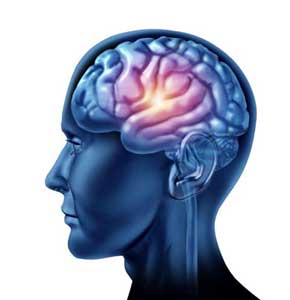
Interpretation of results: Caffeine is a central nervous system stimulant – and one should be more alert after consuming caffeine – and thus one should get a higher score after taking caffeine as opposed to before.
Caffeine being a stimulant should slightly increase the pulse rate (if all other factors like physical activity stay the same).
Pharmacology careers: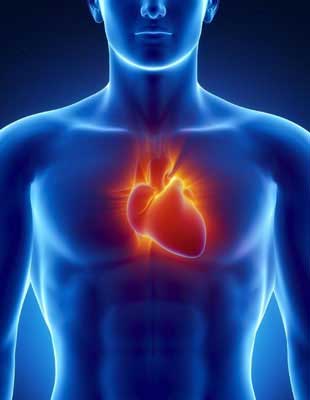
- Pharmacologist – private/hospital and retail
- Drug research and drug development
- Pharmacy/pharmacist’s assistant
- Medical representative
- Veterinary pharmacology
- Medicine – especially general practitioner, physician, pediatrician, psychiatrist, etc
- The spectrum of clinical and academic medicine
- Emergency medicine and paramedics
Conclusion
Pharmacological agents form the backbone of therapeutic medicine, and an in-depth knowledge of pharmacology is an essential requirement for the effective treatment of conditions and diseases in modern medicine.
The message is clear – if you want to be an excellent doctor then you should have an excellent knowledge of pharmacology – especially the pharmacological preparations within your field of practice!
